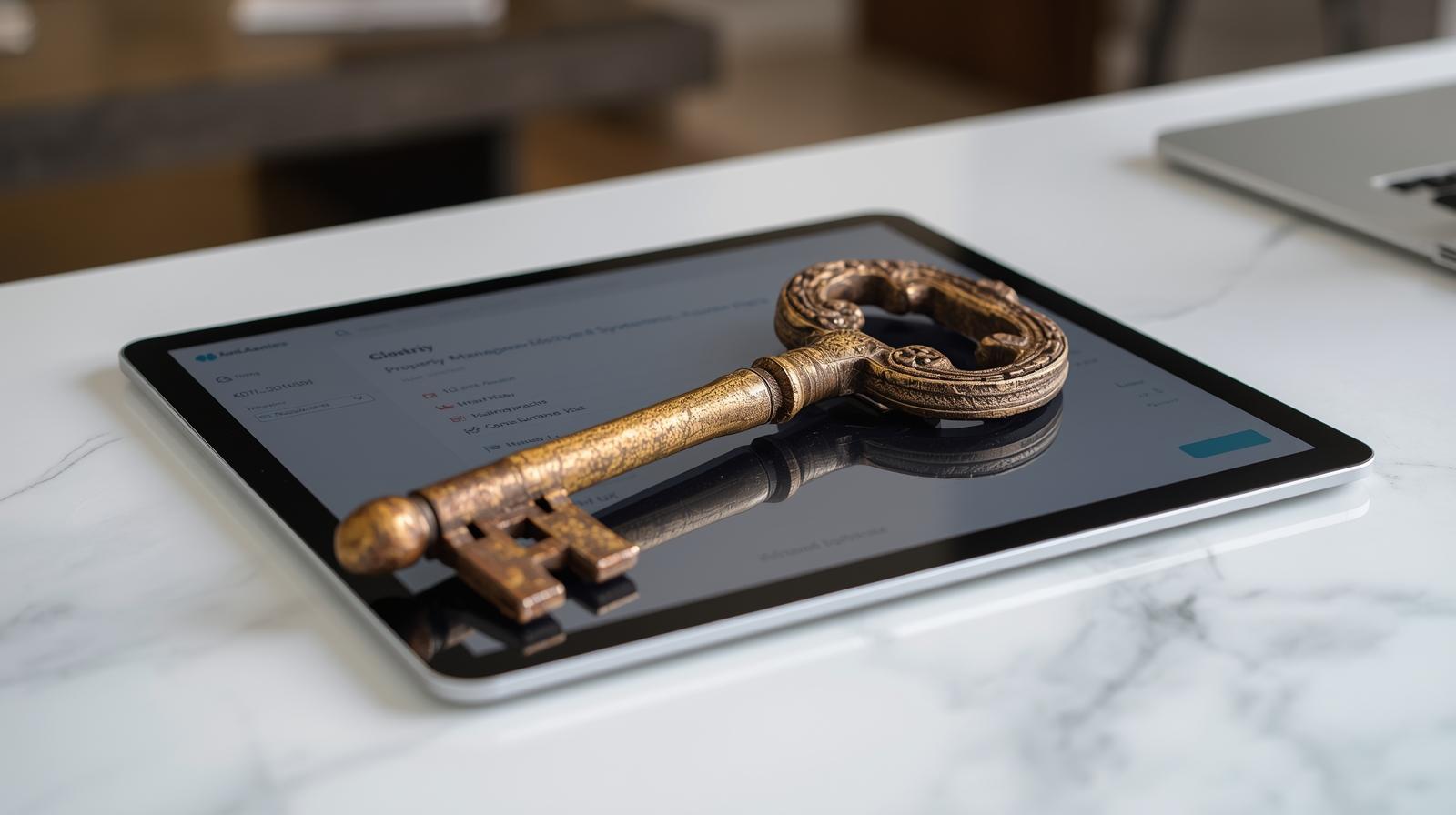When Your PMS Becomes the Problem - Knowing When It’s Time to Switch
The system that once powered your growth can slowly start to hold you back.
Every hotel starts the same way — looking for a Property Management System that makes life easier.
At first, it does. Bookings sync. Reports make sense. Operations flow together.
The PMS becomes the digital heartbeat of the property.
But as hotels evolve, so do their needs. The same system that once felt empowering can begin to show cracks.
Suddenly, everyday tasks take longer. Teams start inventing workarounds. Support tickets pile up.
And one day, you realize your PMS isn’t helping you grow — it’s holding you back.
The Subtle Shift From Solution to Bottleneck
Technology rarely fails overnight. It fades in relevance slowly.
For many hoteliers, the warning signs appear quietly — a few extra clicks here, an outdated interface there — until inefficiency becomes normal.
What’s happening isn’t a lack of effort. It’s a mismatch between your operation’s complexity and the system’s capacity.
When your tech can’t keep pace with your people, something has to change. 
The Signs You’ve Outgrown Your System
1. Your team works around it, not with it
When front-desk staff keep side spreadsheets, or housekeeping tracks rooms on WhatsApp, your PMS has lost its purpose.
A good system unites information. A bad one forces everyone to rebuild it.
2. You’re paying for features you never use
Enterprise-grade modules may look impressive in a demo, but if they’re collecting digital dust, they’re just expensive clutter.
If half your PMS is idle, you’re not underperforming — you’re over-equipped.
3. Integrations are fragile or nonexistent
Modern hospitality thrives on connectivity — PMS, CRM, guest messaging, and revenue tools must talk to each other in real time.
When data doesn’t flow, service breaks.
A guest shouldn’t feel the gap between your systems.
4. Support has become a full-time job
If you need multiple emails, screenshots, and two weeks to fix a single issue, it’s not you — it’s the vendor.
Support should be proactive, not procedural.
Switching Isn’t a Setback — It’s a Sign of Maturity
Replacing a PMS may sound like starting over, but in reality, it’s a sign your business has grown.
A system that served you at 30 rooms may not scale to 80.
What you need now isn’t more software — it’s better alignment.
The transition process can be smooth with the right preparation.
Start by listing your core workflows — reservations, billing, housekeeping, messaging — and test any new system against them.
Involve your frontline team early; they’re the ones who live in the software daily.
And never confuse “more features” with “better fit.”
In hospitality, less friction always wins.
What a Modern PMS Should Feel Like
The best systems don’t demand attention — they disappear into the background.
They integrate easily, update automatically, and give staff real-time visibility without extra clicks.
They turn data into decisions, not dashboards.
And most importantly, they free your team to do what no software ever can: create genuine human connection.
The Human Side of Technology
A PMS should reflect how your hotel operates — not dictate it.
When technology becomes a barrier between staff and guests, it’s time to let go.
A system should amplify your hospitality, not compete with it.
In an industry built on experience, every second counts.
If your team spends more time fighting the interface than serving guests, your PMS has already failed its mission.
The best tools are the quiet ones. The ones no one talks about — because they just work.